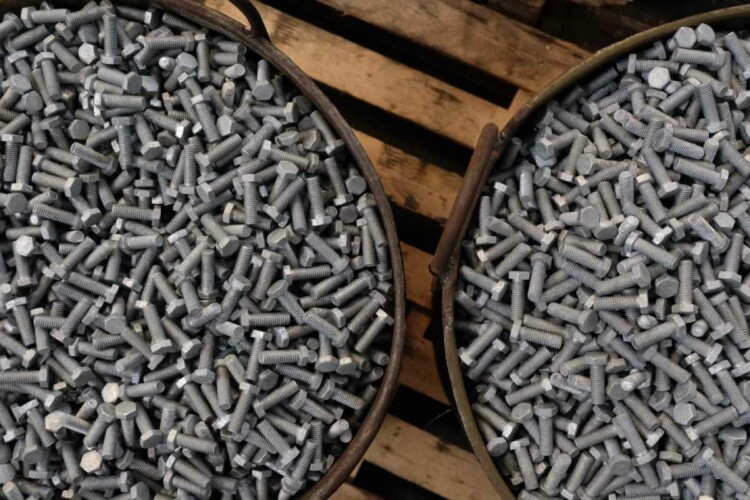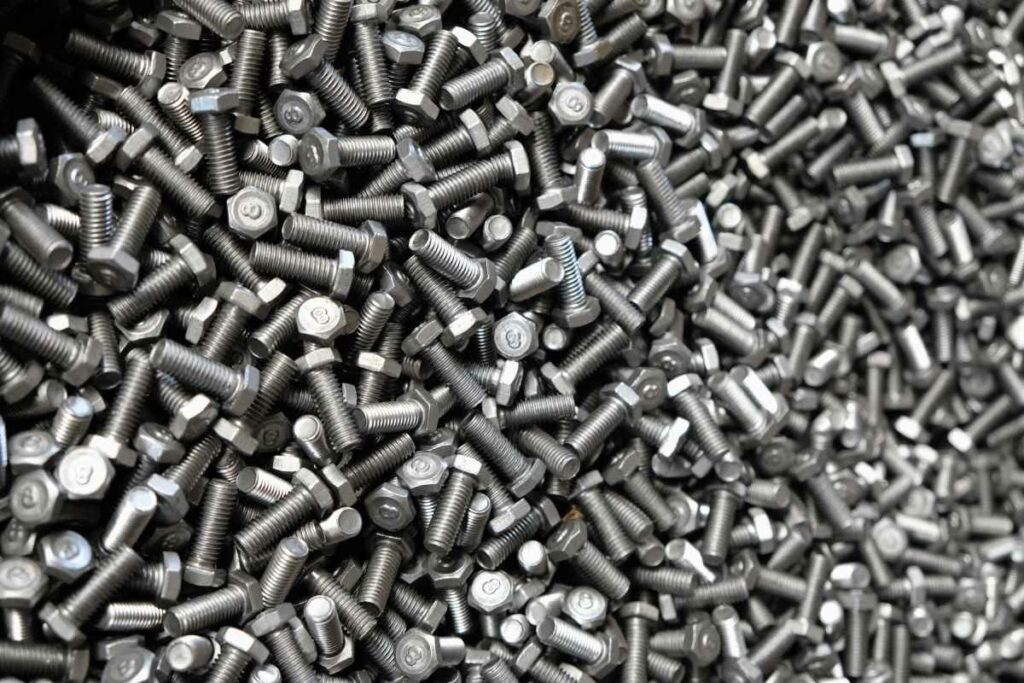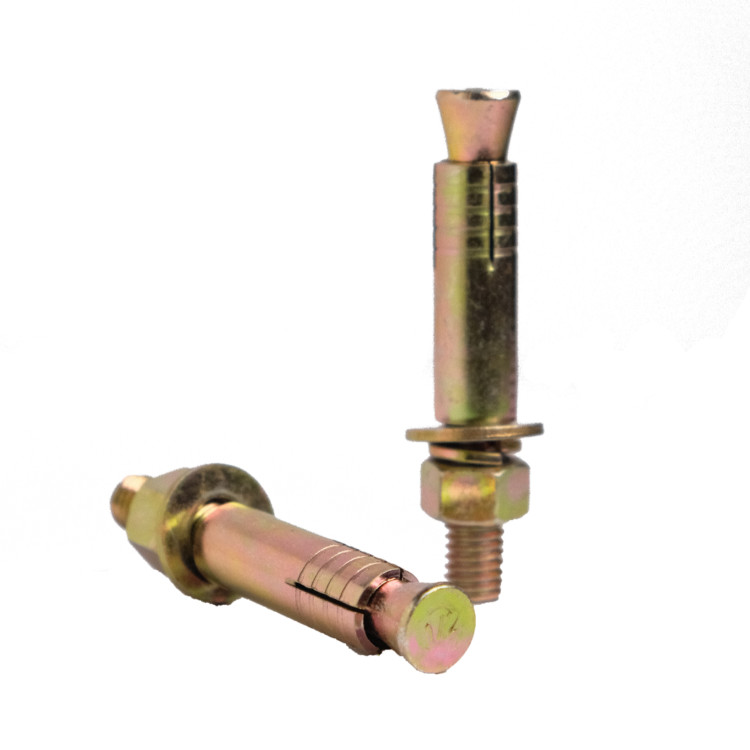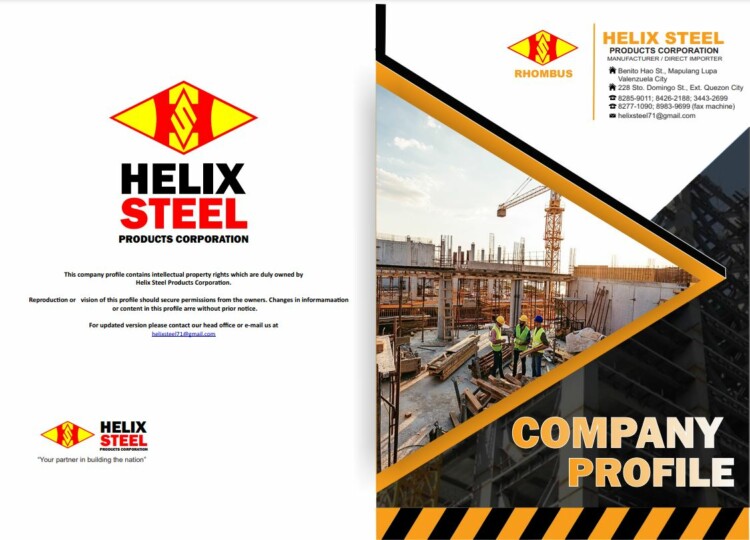The manufacturing, engineering, and construction and building industries are some of the industries that heavily make use of bolts and nuts. For putting together and securing different structures, items of machinery, and components of equipment, they are both necessary. Depending on their unique design and intended function, bolts and nuts have diverse applications and uses. In this post, we’ll look at how bolts and nuts are generally used & their various applications. Understanding the application and use of bolts and nuts, whether you’re a DIY enthusiast or a professional contractor, is essential for making sure assemblies are safe and secure.
Main Use of Bolts and Nuts
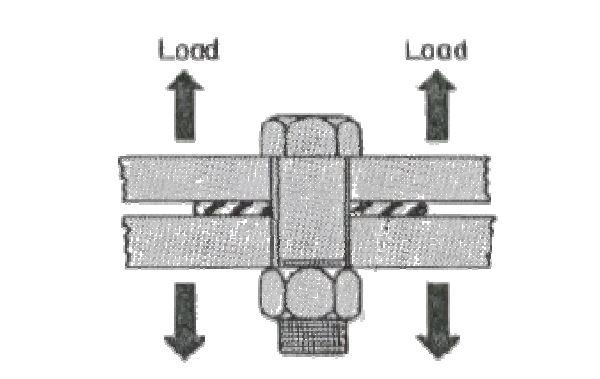
Bolts and nuts are used to permanently or semi-permanently fasten materials, usually metal.
A nut is an attachment that fits the end of a bolt and strengthens its holding power. The bolt, which is non-tapered, then holds the part fastened with the nut. Both are usually used when both sides of the fastened part need to be accessible.
If the parts are subject to vibration, an additional component like a spring washer or a lock nut will be necessary to prevent the nut from coming loose.
Nuts and bolts are used to fasten different materials, such as:
- Metal
- Wood
- Concrete
Bolts and nuts come in many sizes and types.
Industries That Use Bolts and Nuts
Many different industries make use of bolts and nuts and other industrial fasteners, such as:
Agriculture
Fasteners are employed in the agricultural sector in grain bins, drying units, buildings, and field irrigation and filtration systems.
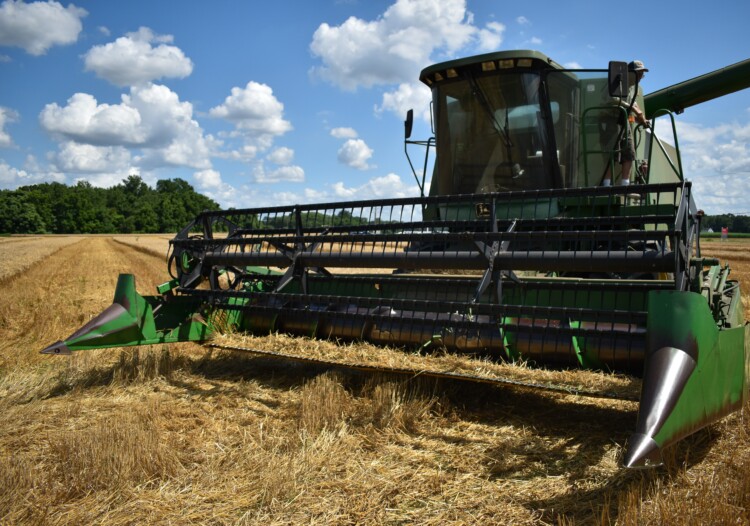
Automobile/ Transportation
Many different types of vehicles, such as cars, trucks, airplanes, and specialized construction machinery, are put together with the help of fasteners.

Building & Construction
Fasteners are essential to the integrity of scaffolding and other support structures used in building and construction applications.

Chemical refining
High performance, corrosion-resistant materials like stainless steel, tool alloys, and exotic metals are used in the fasteners in chemical refineries. They are used in machines such as processing systems, tanks, and heat exchangers.

Marine
To withstand the prolonged exposure to saltwater that marine decks, ramps, bulkheads, and tanks experience, fasteners used in the marine sector must have good corrosion resistance. Marine fasteners frequently consist of materials like aluminum and stainless steel.

Military
Military fasteners are made to withstand harsh conditions, caustic substances, and high temperatures. Heat exchangers, machinery motors and engines, and processing equipment are examples of frequent usage.
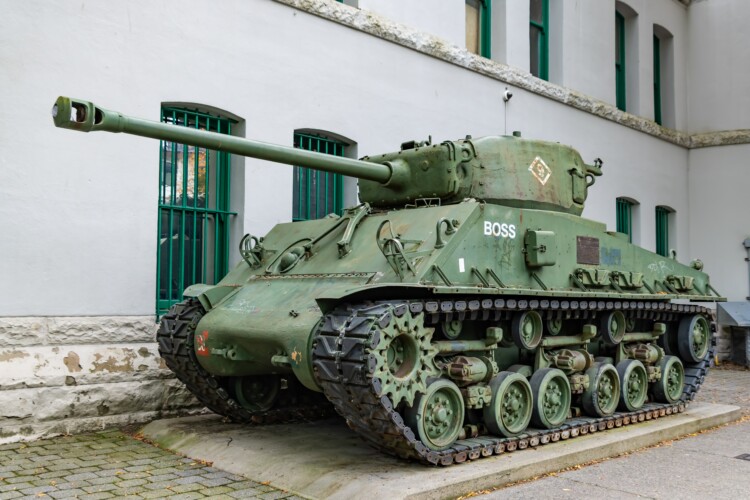
Oil & gas
Fasteners used in the oil and gas industries must work consistently under extreme stress and corrosive circumstances, just like those used in the military. Drilling rigs, tanks, and pumps are a few examples of processing equipment where these fasteners are used.

Electrical & Power generation
High strength and corrosion-resistant materials, such as aluminum, copper, nickel alloys, stainless steel, and other steel alloys, are used to make fasteners for the power generation sector. Typical uses include motors and pumps, exhaust systems, electrical equipment, and storage containers.

Plumbing
Pipes are mechanically attached or joined together using pipe fasteners, made of both high tensile and mild steel. Both industrial and domestic pipe fittings use a variety of fasteners.
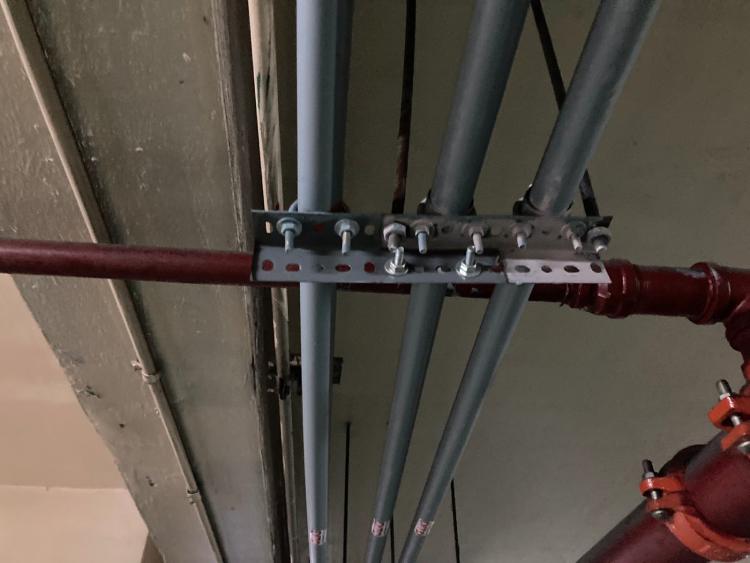
Fire Protection
Bolts begin to bend and shear at high temperatures because the metals begin to shrink as a result of the high temperature. When this occurs, the steelwork’s structural integrity deteriorates. If this occurs at the steel’s vertices and joints, the chance of a building’s components collapsing catastrophically increases. Due to this, it’s crucial that the steel bolts used to assemble the steel are high-performance, insulated, and protected, such as with the help of bolt caps.
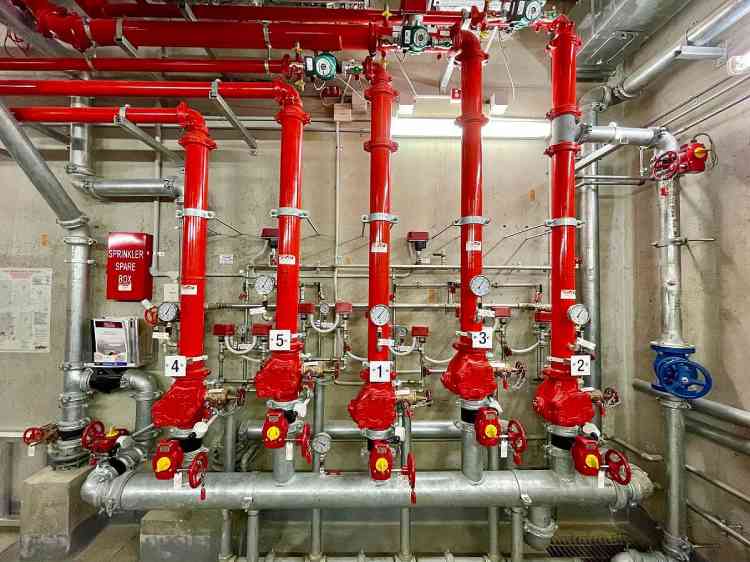
Conclusion
Now you know the use of bolts and nuts for fastening materials, as well as the common industries they are used.
With that in mind, we also wrote a comprehensive guide on the different types of bolts, nuts, and washers commonly manufactured and used.
FAQs
What is bolts and Nuts?
A nut is an attachment that fits the end of a bolt to fasten materials. A bolt, which is non-tapered, then holds the part fastened with the nut.
What are bolts commonly used on?
Bolts are commonly used on materials, such as metal, wood, and concrete. They are also commonly used in 10 different industries.

